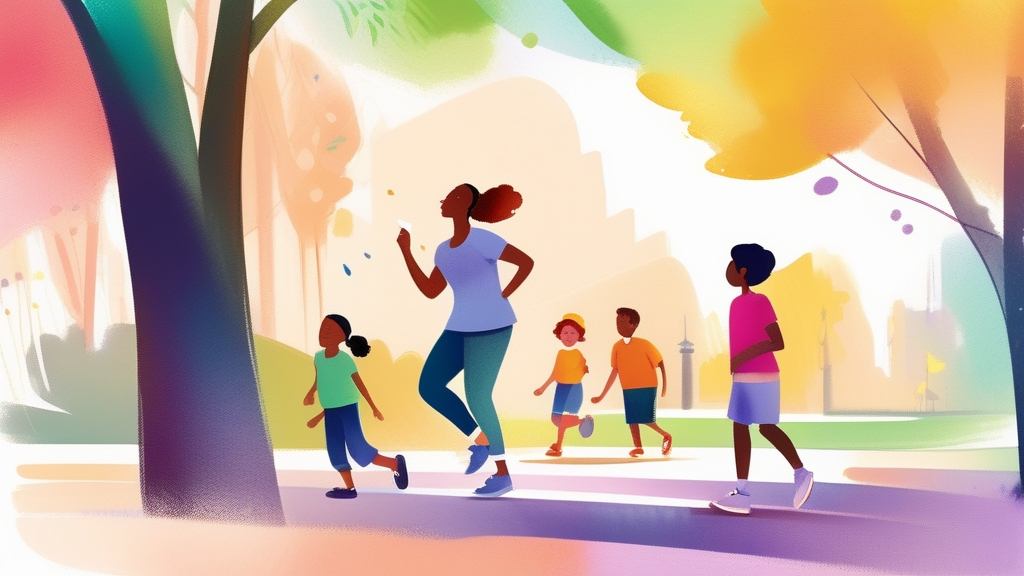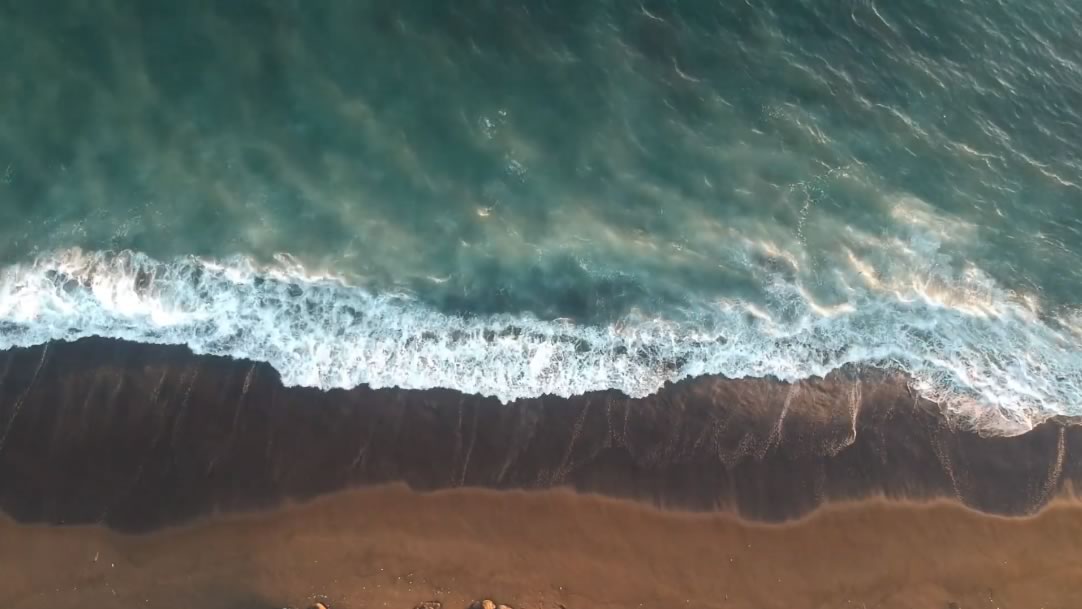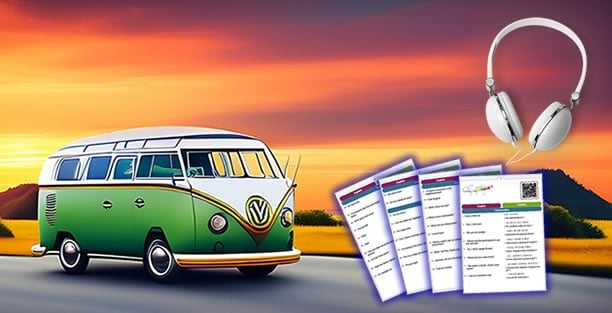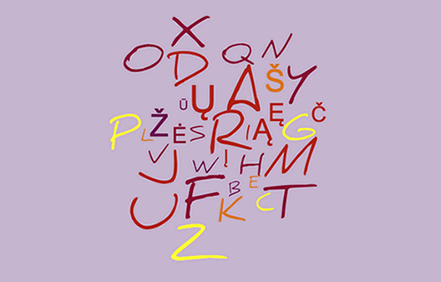Learn Lithuanian
| English | Lithuanian | |||
|---|---|---|---|---|
| Hello | Labas | |||
| Good evening | Labas vakaras | |||
| Goodbye | Viso gero | |||
| See you later | Iki | |||
| Yes | Taip | |||
| No | Ne | |||
| Excuse me! | Atsiprašau! | |||
| Excuse me | Atsiprašau! | |||
| Thanks | Ačiū | |||
| Thanks a lot | Labai ačiū | |||
| Thank you for your help | Ačiū už jūsų pagalbą | |||
| Thank you for your help | Dėkoju už jūsų pagalbą | |||
| You’re welcome | Nėra už ką | |||
| Okay | Gerai | |||
| How much is it? | Kiek tai kainuoja? | |||
| How much is it? | Kokia kaina? | |||
| Sorry! | Atsiprašau | |||
| I don't understand | Aš nesuprantu | |||
| I get it | Aš supratau | |||
| I don't know | Aš nežinau | |||
| Forbidden | Draudžiama | |||
| Excuse me, where are the toilets? | Kur yra tualetas? | |||
| Happy New Year! | Gerų metų! | |||
| Happy Birthday! | Su gimtadieniu! | |||
| Happy Holidays! | Gerų švenčių! | |||
| Congratulations! | Sveikinimai! |
Objectives Do you want to discover Lithuanian to get oriented and communicate in essential everyday situations in Lithuania? Loecsen offers a structured Lithuanian course for beginners, designed to reach the skills expected at the CEFR A1 level. Vocabulary and sentences are chosen to reflect concrete situations, following a clear and coherent learning progression. Learning relies on complete sentences, grammar explained through usage, precise pronunciation work, and modern tools to support memorization. With 5 to 15 minutes of daily practice, you can reach your first A1 language goal and gain autonomy from your very first exchanges in Lithuanian.
Learn Lithuanian online: a complete guide for real beginners
Lithuanian may look intimidating at first: unfamiliar letters, unusual sounds, and a case system. But for beginners, Lithuanian is also a surprisingly structured language: spelling is stable, patterns repeat, and your ear improves fast when you work with audio.
On Loecsen, you learn Lithuanian with a simple principle: audio first, real phrases, and smart repetition. You train your ear, build reflexes, and understand how the language works through usage — not through abstract rules.
Meaning comes first.
You first understand when and why a sentence is used.
Then you notice how it is built — and you start recognizing the same patterns everywhere.
Where is Lithuanian spoken, and why learn it?
Lithuanian (lietuvių kalba) is the official language of Lithuania and an official language of the European Union. It is used daily in administration, school life, work, and media — not as a “secondary” language, but as the normal language of everyday life.
Globally, Lithuanian is spoken by roughly 3 million native speakers, with additional speakers in Lithuanian communities abroad.
Lithuanian is especially useful if you live in Lithuania, work with Lithuanian partners, or travel outside tourist areas.
Even basic Lithuanian phrases immediately improve everyday situations: shops, transport, paperwork, local services — and real integration.
The Lithuanian writing system: Latin alphabet + diacritics (very learnable)
Good news: Lithuanian uses the Latin alphabet. The only “new” part is diacritics — marks that change pronunciation (and sometimes meaning). Lithuanian spelling is generally consistent: what you see is close to what you say.
The main things beginners must train are:
- special vowels (ą, ę, į, ų, ū, ė),
- special consonants (č, š, ž),
- stress & rhythm (important for natural speech),
- and case endings that carry meaning.
Lithuanian diacritics are not decoration. They affect pronunciation and should be learned with audio.
Lithuanian letters you must learn (with audio)
Lithuanian uses the Latin alphabet, but it includes several additional letters and diacritics that many learners have never seen before.
These marks are not decorative: they change pronunciation and sometimes meaning.
Below are the letters that are “special” in Lithuanian (vowels with diacritics + modified consonants).
Each one is a full letter and should be learned with audio.
-
Ą ą /ą/
-
Č č /č/
-
Ę ę /ę/
-
Ė ė /ė/
-
Į į /į/
-
Š š /š/
-
Ų ų /ų/
-
Ū ū /ū/
-
Ž ž /ž/
Always learn Lithuanian letters with audio.
Your ear must guide you — especially for ė, ū and the consonants č/š/ž.
Alphabet with audio: how Loecsen connects letters, sound, and meaning
On Loecsen, you can listen to the Lithuanian alphabet directly on the page: each letter is linked to its sound, an example word, and a real Loecsen sentence.
This is how you build a direct mental link between writing and pronunciation from day one: you do not “memorize the alphabet” — you connect letters to real speech.
Pronunciation tips: what really matters at the beginning
You do not need a perfect accent to be understood. But three points matter a lot early on:
- Clear consonants: č / š / ž must be clean and distinct.
- Vowel quality: ė and ū are very characteristic — learn them with audio.
- Stress & rhythm: focus on copying the melody of the audio (your ear improves faster than rule-learning).
If you pronounce č/š/ž clearly and you respect the sound of ė and ū, your Lithuanian becomes understandable very quickly.
The Lithuanian case system: a clear “map” for beginners
Lithuanian has a 7-case system (for nouns, adjectives, pronouns): the ending changes depending on the role in the sentence. This can look scary — but the logic is simple:
- Cases replace a lot of “helper words” (like “to”, “of”, “in”).
- Endings repeat constantly, so your brain learns them through exposure.
- In real life, a small number of patterns covers most beginner situations.
Here is the “global map” you want in your head:
- Nominative: who/what (basic form).
- Genitive: of / belonging (very common in real life).
- Dative: to/for someone (recipient).
- Accusative: direct object / destination (what you want, see, buy, where you go).
- Instrumental: with/by means of (common after “su”).
- Locative: in/on/at (location).
- Vocative: calling someone (names).
You hear the same useful phrases again and again in different themes.
Your ear starts recognizing endings before you even try to name them.
5 beginner grammar points that make Lithuanian feel much easier (A1 → A2)
This section is not about abstract grammar rules. It helps you understand how Lithuanian works by looking at things you already use all the time: pronouns, singular vs plural, basic questions, and a few very stable patterns.
Read the examples as real sentences, not as theory.
Notice the recurring words and endings — that is where Lithuanian becomes clear.
1) Personal pronouns are very clear and very regular
Lithuanian pronouns are easy to recognize and are often used explicitly at beginner level.
I live here.
You work here.
We work here.
The pronouns aš (I), tu (you), mes (we) are very visible.
At A1, Lithuanian often prefers clarity over omission — this helps beginners a lot.
2) Singular vs plural is mostly visible on the verb
You do not need grammar tables to feel the difference between singular and plural. The verb form already gives you the information.
I work.
We work.
Don’t analyze endings yet.
Just notice that -u often sounds singular, and -me sounds plural.
Your ear will do the work through repetition.
3) Asking questions: a few words unlock almost everything
Lithuanian questions become easy once you know a small set of question words. The sentence structure itself changes very little.
Where do you live?
When did you arrive?
How are you?
Learn these first: kur (where), kada (when), kaip (how), kiek (how much).
You reuse them everywhere, with the same sentence patterns.
4) Negation is simple and very visible
Lithuanian uses ne to say “not”. It is placed directly before the verb.
I don’t understand.
I don’t know.
One word does the job: ne.
If you hear ne, you immediately know the sentence is negative.
5) Word order is flexible, but the basic pattern is very stable
Lithuanian allows flexibility, but beginner sentences usually follow a very clear pattern:
- subject
- verb
- complement
I live here.
We leave tomorrow.
Even though Lithuanian has cases, you can already communicate clearly at A1–A2
by using simple sentence order and high-frequency phrases.
Don’t “learn Lithuanian grammar”.
Learn pronouns, questions, and whole sentences — then let repetition do the rest.
A simple and effective learning routine with Loecsen
Lithuanian works best with short, regular sessions and repeated exposure to the same sentence structures. Here is a routine that matches the way the brain builds language reflexes:
- Practice a little every day: 5–10 minutes is enough (frequency beats intensity).
- Listen to the same phrases several times: repetition builds stress + endings naturally.
- Repeat out loud: your mouth learns clarity (č/š/ž, ė/ū).
- Notice recurring endings: your brain builds the “case map” through examples like į dešinę, su cukrumi.
- Write short phrases sometimes: it reinforces ą/ę/ė/į/ų/ū and spelling stability.
- Reuse familiar frames: keep structure, swap one word (place, time, object).
- Use Listen mode on low-energy days: passive exposure still works.
- Practice with AI dialogues: greetings, directions, buying, basic help requests.
- Trust SRS + Super Memory: timed repetition makes forms automatic.
Short, frequent listening beats long, irregular study sessions — especially for Lithuanian.
Staying motivated while learning Lithuanian
With Lithuanian, progress is often internal before it becomes visible. First you recognize sounds and endings, then you start understanding faster, then speaking becomes easier.
- Trust repetition, even when progress feels slow.
- Accept partial understanding as normal: it means your brain is building patterns.
- Return to familiar phrases to regain confidence.
- On low-energy days, focus on listening — it still moves you forward.
How the Loecsen “First Contact” course supports real beginners
Loecsen provides a structured path to learn Lithuanian through real usage. Grammar is introduced implicitly through examples, audio, and repetition. With regular practice, learners reach a functional CEFR A1 level — enough to understand and use Lithuanian in simple everyday situations.
FAQ – the 7 questions people most often ask about Lithuanian
1) Is Lithuanian hard to learn?
Lithuanian is different from Romance languages, but it is very learnable. The main challenge is the case system and stress. Loecsen reduces both by teaching them through repeated real phrases instead of abstract tables.
2) Do I really need to learn the “special letters”?
Yes. Letters like ą, ę, ė, į, ų, ū and consonants č, š, ž are part of normal spelling and affect pronunciation. Learning them with audio is the fastest way to avoid confusion.
3) Where is Lithuanian spoken?
Lithuanian is spoken primarily in Lithuania (daily language of school, work, administration, and media) and by Lithuanian communities abroad. It’s also an official EU language.
4) Is Lithuanian similar to Latvian, Russian, or Polish?
Lithuanian and Latvian are related Baltic languages, but they are not mutually intelligible: vocabulary and grammar differ a lot.
Russian and Polish are Slavic languages; you may find shared regional words, but Lithuanian remains structurally different.
5) How many cases are there, and do I need to memorize them?
Lithuanian has seven cases. You do not need to memorize them as a list at the beginning — you need repeated exposure to the same useful structures until endings become familiar.
6) Can I get by in Lithuania with English?
In Vilnius and tourist settings, often yes. But for daily life (services, paperwork, local situations), even basic Lithuanian makes a real difference and changes how people respond to you.
7) What should I focus on first to progress fast?
Audio + repetition + survival phrases. Learn the special letters with sound, then build a core set of everyday sentences (help, directions, buying, basic conversation). This is exactly what Loecsen is designed for.
Why Loecsen works especially well for Lithuanian
Lithuanian is a language where patterns repeat constantly (endings, common frames, phrase structures). Loecsen takes advantage of this by:
- reusing the same structures across themes,
- anchoring everything in audio,
- and using spaced repetition (SRS + Super Memory) to make forms automatic.
You don’t “study Lithuanian”. You build Lithuanian reflexes.
Start with the special letters with audio (ą ę ė į ų ū č š ž).
If your ear recognizes these sounds early, the whole language becomes easier.
Course syllabus – What you’ll learn
- Essentials 3-5H • 64-96D • 25-38 sessions
- Conversation 3-5H • 64-96D • 25-38 sessions
- Learning 1-2H • 61-92D • 10-15 sessions
- Colours 1-2H • 61-92D • 10-15 sessions
View all lessons (17)
- Numbers 4-6H • 67-101D • 40-60 sessions
- Time tracking 3-5H • 64-96D • 25-38 sessions
- Taxi 2-3H • 62-93D • 15-23 sessions
- Family 2-3H • 62-93D • 15-23 sessions
- Feelings 2-3H • 63-95D • 20-30 sessions
- Bar 3-5H • 64-96D • 25-38 sessions
- Restaurant 3-5H • 65-98D • 30-45 sessions
- Parting 2-3H • 62-93D • 15-23 sessions
- Transportation 0-0H • 59-89D • 0-0 sessions
- Hotel 3-5H • 65-98D • 30-45 sessions
- Looking for someone 1-2H • 61-92D • 10-15 sessions
- Beach 3-5H • 65-98D • 30-45 sessions
- In case of trouble 2-3H • 63-95D • 20-30 sessions






